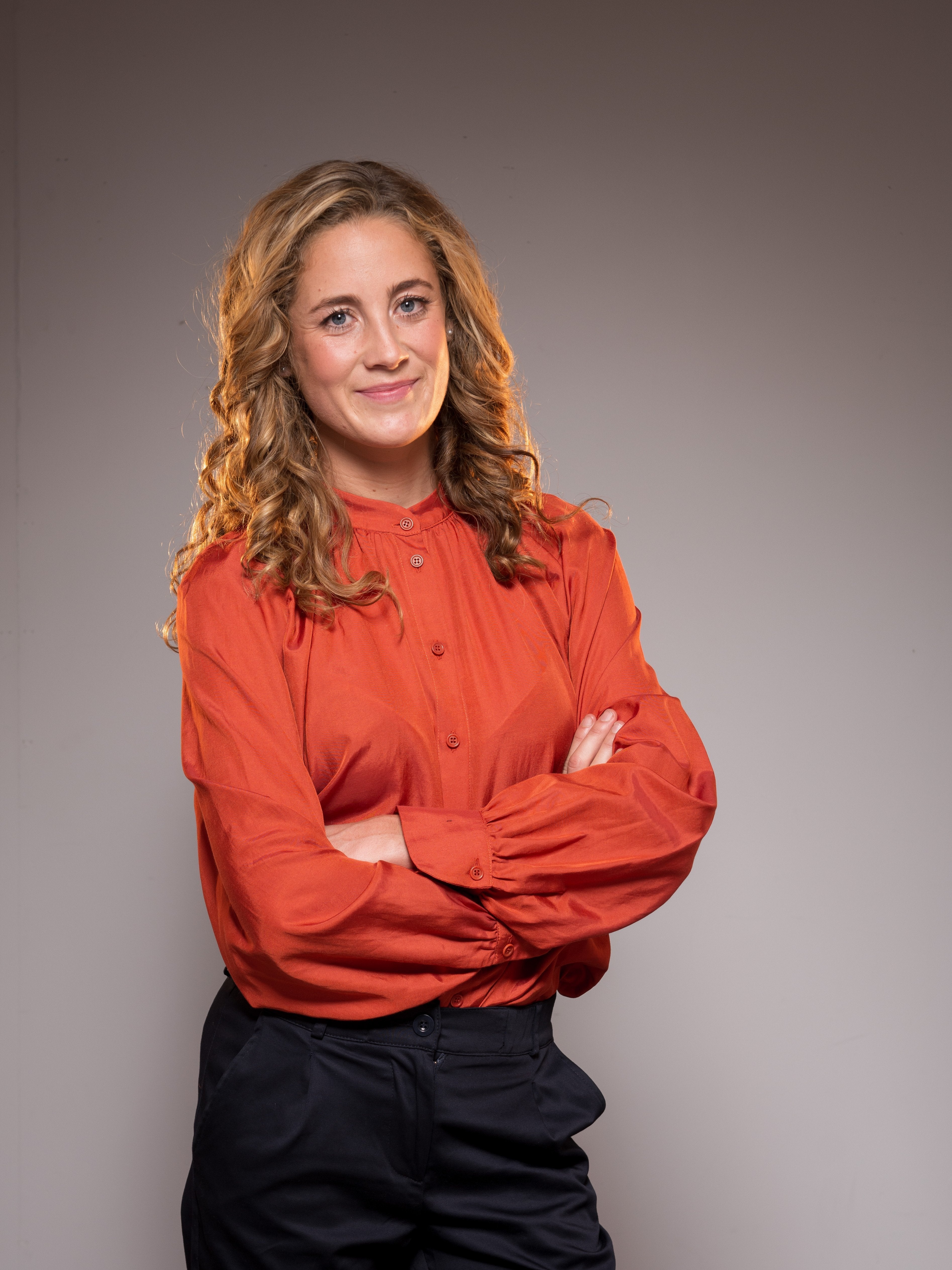Reflections from Te Hono Bootcamp

In the last week of June I spent four days at Te Hono Bootcamp hosted by Ngāpuhi at the Waitangi Treaty Grounds. Te Hono is a partnership between the leaders of Aotearoa New Zealand’s food and fibre sector, businesses, iwi and government agencies. I was invited on behalf of Future Food Aotearoa: a founders movement to accelerate the growth and impact of future food businesses from New Zealand.
We listened and learned from Stanford University’s top business school professors including Robert Burgleman the brain behind the ‘blue triangle’ ‘green triangle’ business models; Prime Minister Jacinda Ardern on the opportunities and challenges facing New Zealand’s agricultural sector; and a global leader on Climate Change Johan Rockström Postdam Institute for Climate Impact Research.
Most importantly we had the opportunity to ‘hono’, to ‘connect’ with leaders across dairy, meat, wool, horticulture, foresty, crop, plant-based foods, iwi, government and trade. We connected in true bootcamp style at 5:30am boxing classes, conference by day and hangi and Kono wines by evening, all from a special place of connection for Aotearoa: the grounds of Te Tiriti o Waitangi.
The Maori and New Zealand flags flying at the grounds of Te Tiriti o Waitangi
We delved into and debated some of the big questions around the future of the food and fibre sector in Aotearoa. Here are my top learnings:
In Aotearoa we have a unique opportunity learn from Te Ao Māori, a Maori worldview.
The manaaki by Ngāpuhi at Waitangi, from the pōwhiri to the kapa haka performance to the whakawātea was felt by all across the week. We have the opportunity to learn from Maori, to understand manaakitanga and to understand whakapapa. If we can do this in the right way we will have our own unique blueprint for sustainability and best business practice. We will have a leading edge on the world stage and an authentic story worth sharing.
Climate change is the biggest threat to our generation.
Unless we make radical changes, it will have severe consequences for the generations to come. Dr Rod Carr the Chair of the Climate Change Commission and Johan Rockström Postdam Institute for Climate Impact Research talked through what some of these changes might look like. The impacts of climate change on market behaviour will affect all of the New Zealand food and fibre sector. Mark Kennedy of Kantar discussed how leadership on climate change plays into consumer demands. Taking leadership on sustainability and in particular climate change is not only the right thing to do for the planet; but a core driver of business growth today and in the future. Mariana Mazzucato took this narrative one layer deeper in her session ‘ a Moonshot Guide to Sustainable Growth’ where we discussed mission-oriented research and innovation. We discussed the importance of using new strategies to tackle global issues like climate change through choosing the best public and private partners possible, welcoming uncertainty and placing public value at the heart of innovation.
New Zealand has an opportunity to succeed in sustainable meat production.
Hannah Tucker of Disruption Dinners and former co-worker of S. Vice President Al Gore at Generation Investment Management led us through the future of the meat sector globally which is set to diverge on two distinct paths: regenerative meats, purchased at a premium; and artificial meats made in a lab or from plants. New Zealand has the opportunity to succeed in the former, and if we play our cards right, the latter too. They are not mutually exclusive. As market trends shift towards more sustainable options we will see growth in sources of protein that are less intensive on the environment. New Zealand has the opportunity to become a genuine and authentic leader in regenerative, low-carbon, and sustainable farming and can and should be open to partnering and learning from the plant protein sector too.
Leaving the pōwhiri by Ngāpuhi at the Treaty Grounds
New Zealand has the foundations to have a world class food and fibre story.
Dan Klein of Stanford University shared the power of storytelling. The pandemic has shifted Aotearoa into the limelight globally and strengthened our position as a trusted nation. This provides a better platform than ever before to share our story from. New Zealand Merino’s ZX is a fantastic example of this: the ZQ brand authentically showcases wool produced ethically and naturally on New Zealand farms. By sharing this story globally, New Zealand Merino are increasing market share, and encouraging more New Zealand farmers to shift to regenerative practices.
“Change is essential! Change is lonely! Change is rewarding!” John Brackenridge, NZ Merino.
We learned from Robert Bugleman of Stanford on change in the corporate world and the tensions between ‘blue triangles’ and ‘green triangles’. The bigger a company grows, the bigger the ‘blue triangle’ and the more difficult it is to integrate, innovative, radical ideas known as the ‘green triangle’. This green triangle is what John Brackenridge would describe as essential change. The processes that make a core business strong may also impede positive change and innovation. For ‘blue triangles’ making space for corporate entrepreneurship, through collaboration and partnership, is a critical tool for growth of new ideas. There are opportunities for big and small businesses in New Zealand to collaborate and partner more often. This will enable our biggest companies to remain innovative with the addition of green triangles and it will enable our brightest ideas to gain traction with the resource of our blue triangles.
The mentality within the food and fibre sector is changing in New Zealand.
Regenerative farming, partnerships, and climate change were key themes in almost every session at Te Hono. These concepts are no longer future predictions. They are with us now. I feel fortunate to be a member of Future Food Aotearoa; a smaller business that is at the forefront of these changes and has the agility to continue to push boundaries. It will be more difficult for the bigger players in the food and fibre sector in Aotearoa to make these shifts. But they are critical. They are critical for people, our planet and our economy. The future of this sector will depend on how these players act today. There is a real opportunity for New Zealand businesses and organisations, big and small to get better at talking, learning and sharing with each other; not just at conferences but in genuine, trusting partnerships. When this happens we will see the emergence of green triangles, supported by blue corporates, that enable our food and fibre sector to transition into a new, more sustainable, eco-system that benefits all.
A day at Te Hono captured in words by Pepper Curry





